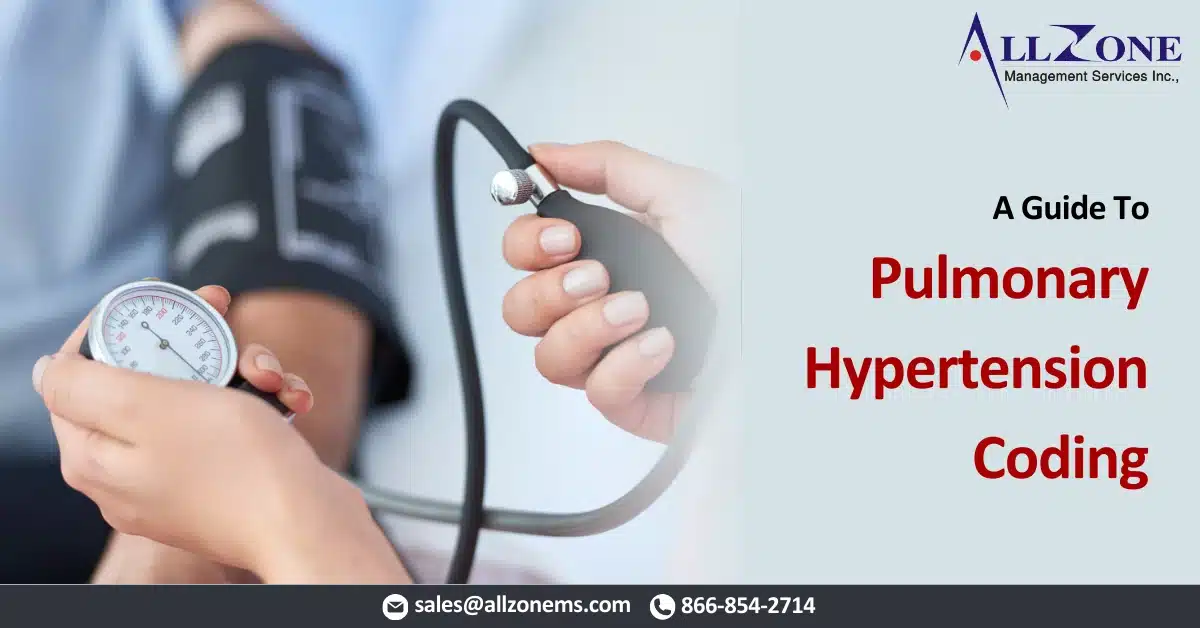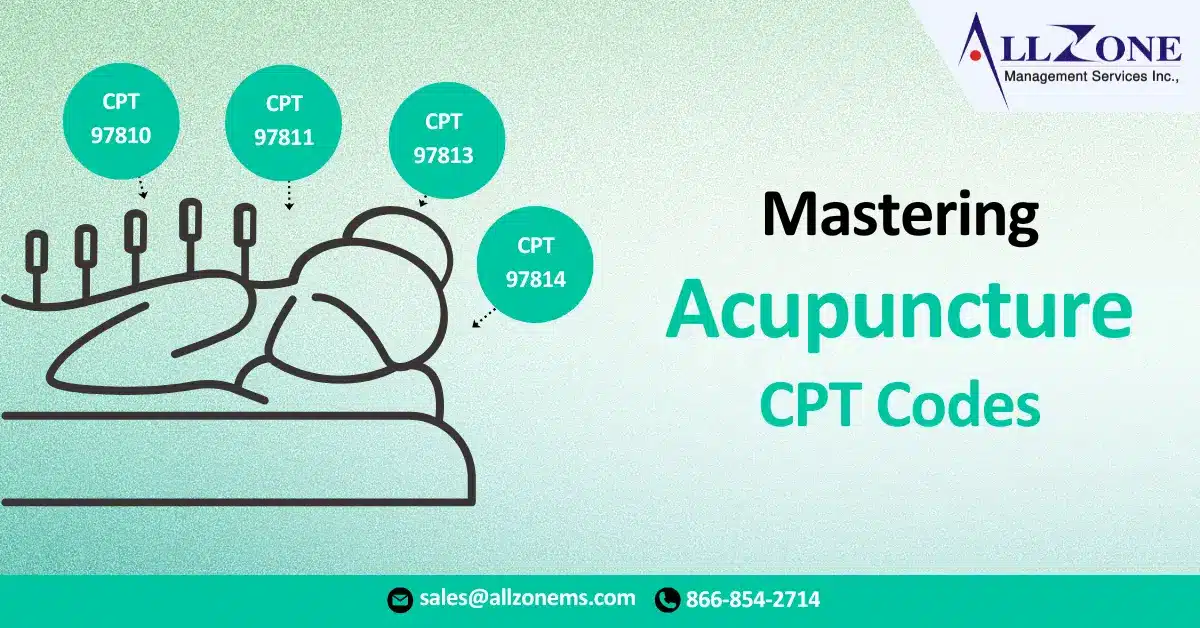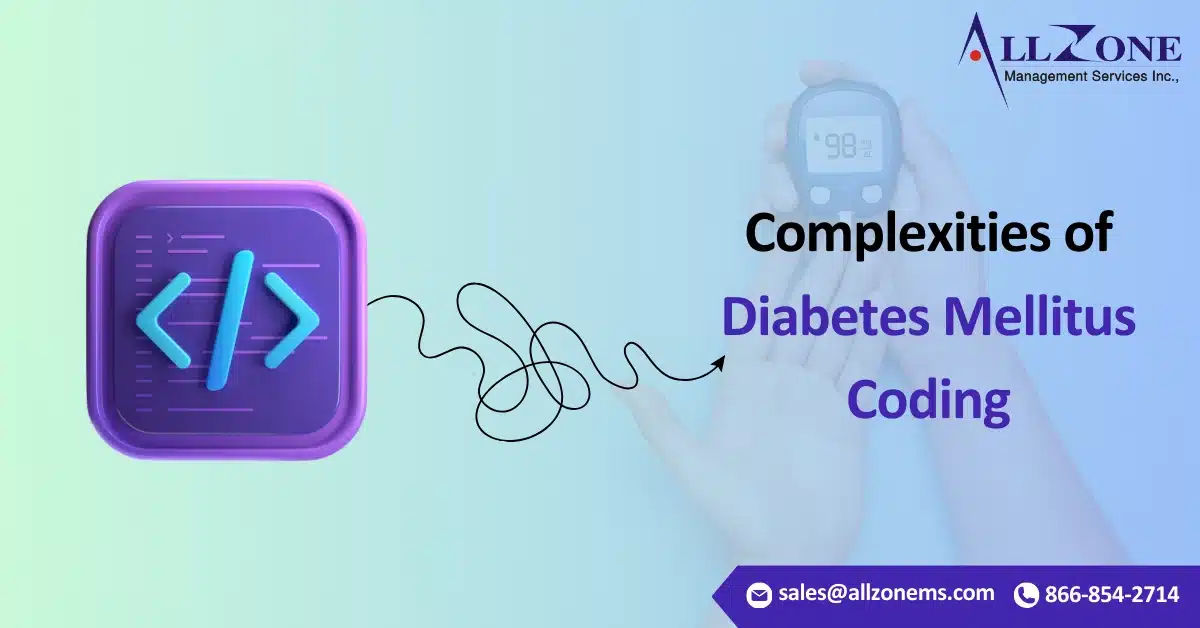The updated CMS regulations on prior authorization have been lauded as a significant step toward reducing administrative burdens for physicians. However, critics argue that the changes fall short of addressing the broader issues. Accelerating Prior Authorization and Enhancing Transparency Issued in January, these regulations mandate federally regulated health plans to enhance electronic health information exchange […]
The observed an increasing number of denied Evaluation and Management (E&M) claims (99201-99215) when billed concurrently with chiropractic manipulation procedures, including chiropractic manipulative therapy (CMT), highlighting the potential for increased claim denials with Chiropractic Manipulative Therapy (CMT). Denial Reasons & Misconceptions: Common denial reasons include: “Service billed is included in another procedure billed the same […]
Pulmonary hypertension (PH) is a “frequently identified, highly morbid condition” associated with increased mortality, hospitalizations, and significant financial burden. What steps can you and your provider take to ensure this condition is both documented and coded correctly? Below are four strategies to improve your Pulmonary Hypertension coding practices. 1. Understand Pulmonary Hypertension (PH) The Pulmonary […]
The Department of Health and Human Services (HHS) has introduced proposed regulations aimed at strengthening cybersecurity in the healthcare sector. Issued by the Office for Civil Rights (OCR), the proposed rule seeks to amend HIPAA to enhance the safeguarding of individuals’ protected health information (PHI) in compliance with HIPAA cybersecurity regulations. Content Highlights: Overview of […]
Proper Dermatology coding for skin lesion removal procedures hinges on understanding key factors such as the type of removal, depth, intent, lesion size, and location. Dermatology coding can seem overwhelming, given the intricacies of selecting the correct codes. Accurate code selection requires careful consideration of procedural details and clinical documentation to ensure compliance and prevent […]
As healthcare providers move into 2025, a technological revolution is reshaping revenue cycle management (RCM). Healthcare RCM with AI has emerged as a decisive factor in determining financial success or failure. With nearly 46% of hospitals and health systems already leveraging AI in their RCM operations, the industry faces a pivotal moment where keeping pace […]
Acupuncture is a time-honored practice that has gained recognition in modern healthcare systems worldwide. However, for acupuncture providers, navigating the intricate world of Current Procedural Terminology (CPT) codes can be challenging. Accurate coding of acupuncture CPT codes is essential for reimbursement, compliance, and seamless claim processing. This guide dives deep into the nuances of acupuncture […]
The U.S. Department of Health and Human Services (HHS) has issued a Notice of Proposed Rulemaking (NPRM) aimed at strengthening the HIPAA Security Rule. If finalized, these HIPAA Security Rule updates will significantly impact the healthcare sector. HHS has highlighted that healthcare breaches pose far greater risks than breaches in other industries. In announcing the […]
Diabetes mellitus is a multifaceted condition, and its Diabetes mellitus coding reflects that complexity. This article focuses on the role of medications in diabetes management and highlights the challenges coders face when assigning accurate codes for medication administration and related procedures. Why Is Diabetes Coding So Complex? Diabetes coding requires careful consideration of multiple factors, […]
Medical coding denials are a common challenge for healthcare providers and revenue cycle management (RCM) teams. They can disrupt cash flow, delay reimbursements, and increase administrative workloads. Avoiding these denials requires a proactive approach that addresses their root causes, ensures compliance with regulations, and fosters a culture of continuous improvement. In this blog, we’ll explore […]










